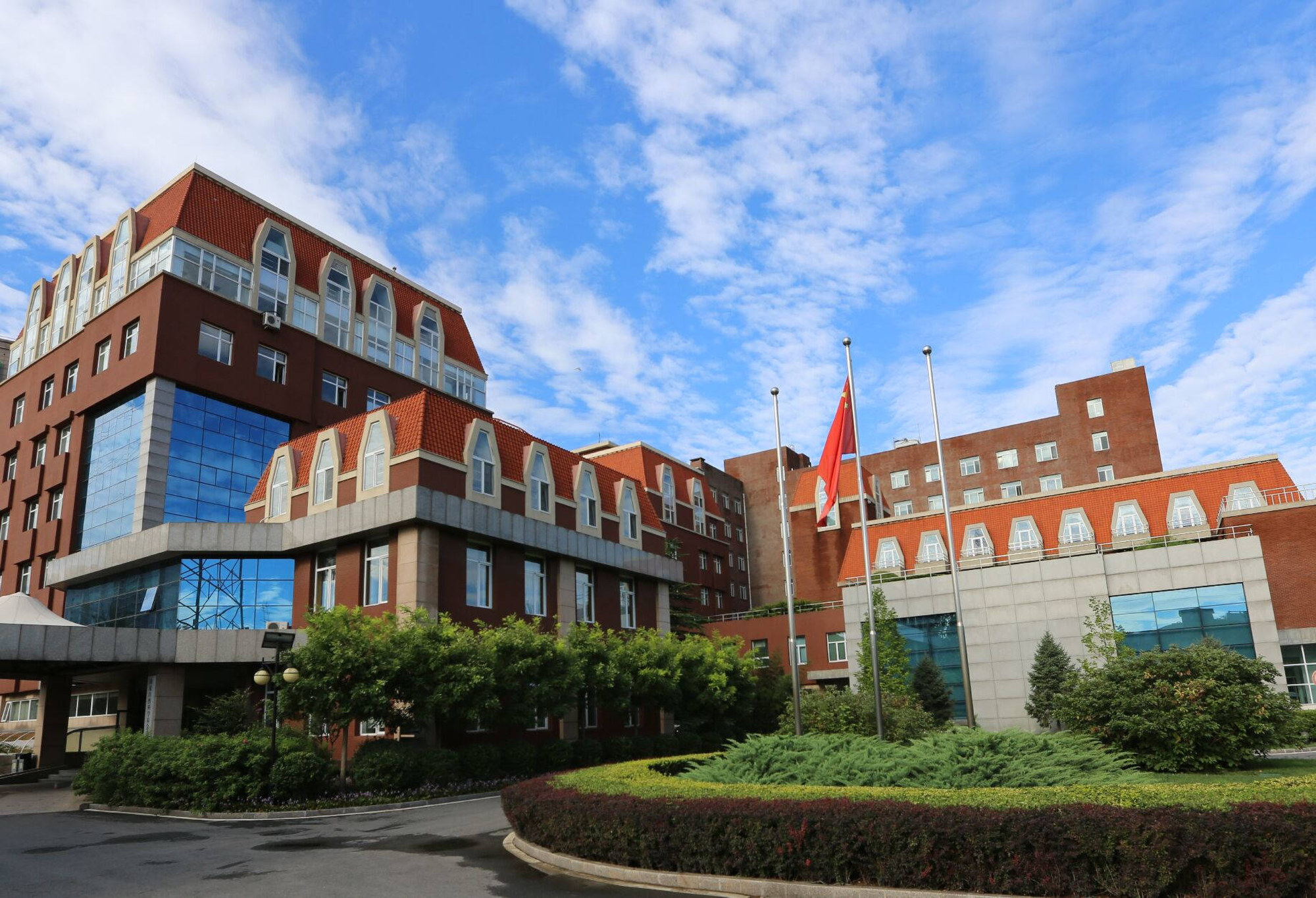The National Natural Science Foundation of China (NSFC), a major domestic funding source for basic research and frontier exploration, has launched a new programme to finance dozens of projects focused on “chiplet” technology, which is seen as a short cut for the country to achieve semiconductor self-sufficiency amid US sanctions.
The NSFC, which is under the Ministry of Science and Technology, plans to provide up to 46 million yuan (US$6.4 million) in funding for as many as 30 research projects to be conducted over a period of three to four years, according to a notice published on its website on Monday. It said applications will be accepted from September 1 through 7.
Chiplets, pre-developed silicon dies that can be packaged into a more complex processor, have gained much interest on the mainland because they reduce design costs and may even offer a solution to extending Moore’s Law, which refers to the doubling in the number of transistors on an integrated circuit (IC) every two years.
Do you have questions about the biggest topics and trends from around the world? Get the answers with SCMP Knowledge, our new platform of curated content with explainers, FAQs, analyses and infographics brought to you by our award-winning team.
The goal of the NSFC’s latest programme is to “develop a research team with international influence to improve China’s indigenous innovation capabilities” in the field of semiconductors, according to the foundation’s notice.

The programme aims to find “a new technology path” for China in semiconductors through breakthroughs in the assembly and integration of chiplets, with an eye to raising the performance of these devices by “one or two levels”, the NSFC said.
It expects to fund research projects that include methods to dissect, combine and reuse chiplets, semiconductor design, three-dimensional chip processing techniques and the structure of high-performance ICs.
The NSFC’s new initiative underscores Beijing’s resolve to push forward the country’s semiconductor self-sufficiency efforts amid US-led trade sanctions, which have derailed the mainland’s standing in global supply chains.
The country’s semiconductor development plans are expected to take another hit by the middle of this month, when US President Joe Biden reportedly plans to sign an executive order to limit critical US technology investments in China.
‘Solid innovation’: China’s Xi renews self-reliance call as US steps up tech war
That executive order will reportedly focus on semiconductors, artificial intelligence and quantum computing. It will not affect any existing investments and will only prohibit certain transactions. Other deals will have to be disclosed to the US government.
Washington’s implementation of broad controls over China’s ability to secure advanced ICs and semiconductor-manufacturing equipment have forced Beijing and mainland enterprises to sharpen their focus on the production of older-generation chips – a development that has US and European officials increasingly concerned.
Established in 1986, the NSFC is responsible for directing, coordinating and making use of the national natural science fund to support basic research. The foundation increased its funding to 33 billion yuan last year, up 6.8 per cent over 2021.
On the sidelines of the Two Sessions in March, Minister of Science and Technology Wang Zhigang said the country must “work on promoting a research environment that tolerates failure and encourages researchers to take more time”. That was because research “in basic areas often has unclear paths, uncertain methods and a relatively high failure rate”, according to a report by the South China Morning Post.
More from South China Morning Post:
- US, Europe growing alarmed by China’s legacy chip production, fear changing supply chains
- Tech war: US-sanctioned chip maker Jingjia Micro to develop GPUs in Wuxi in latest sign of China’s self-sufficiency push
- Biden to sign order curbing US tech investments in China by mid-August
- US-China tech war: Washington seeking narrow curbs on chokepoint technologies, commerce chief Gina Raimondo says
- Tech war: China’s hi-tech state fund grows to over US$8 billion in self-sufficiency drive
For the latest news from the South China Morning Post download our mobile app. Copyright 2023.





